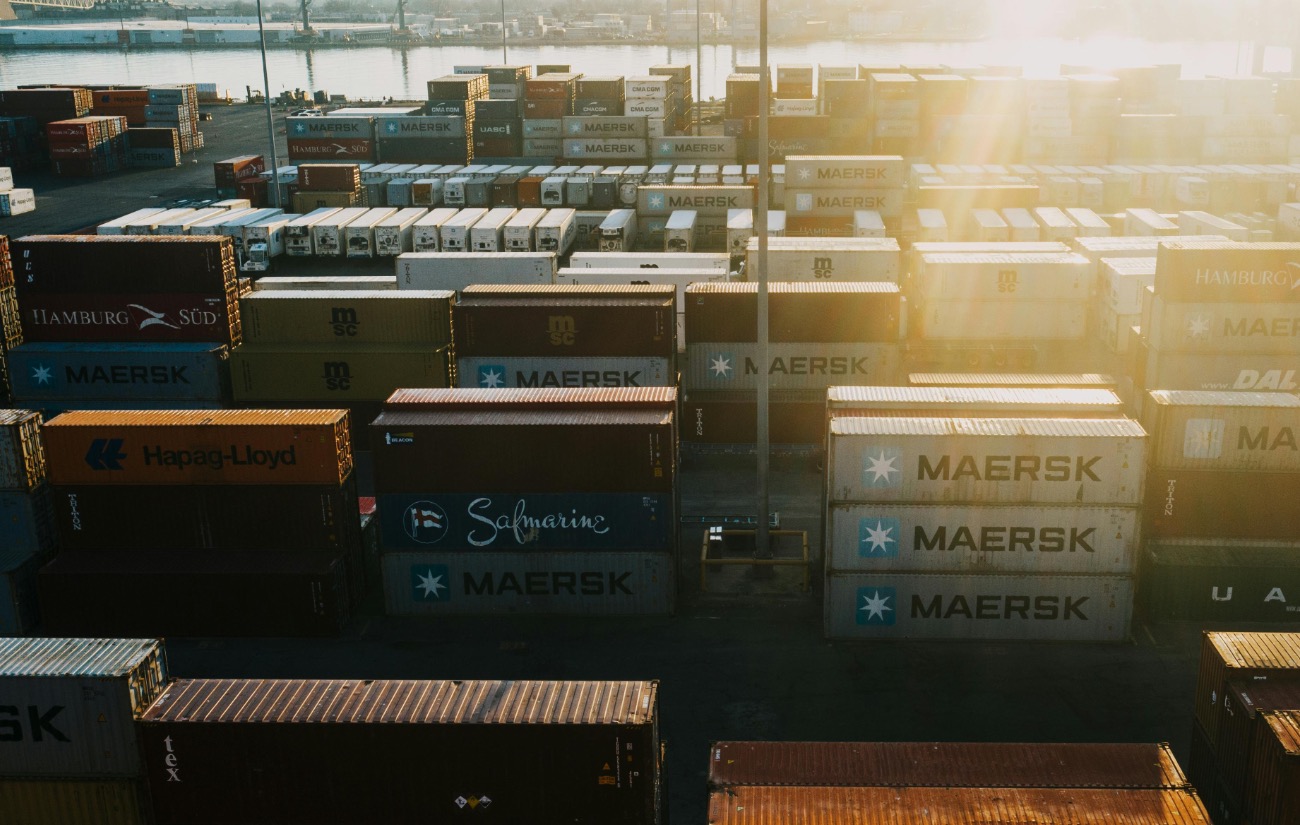
16 Jun Tariff Trouble – 2018 Q3 Commentary
We have discussed volatility frequently so far in 2018. The discussion and volatility will continue into the future, but we wish one of the variables lending to that volatility would dissipate. Tariff talk from around the globe has certainly increased volatility. Our preference would include no tariffs and no subsidies – applied to both international and domestic US trade.
Unfettered trade leads to the lowest cost goods for all global consumers. At the time of writing, the President of the United States was set to enact up to a 25% tariff on $50 billion of Chinese imports, while the Chinese suggested it would strike back with its own $50 billion of tariffs on US imports. This may artificially keep some jobs in the US – but those workers plus the rest of the population will suffer from having to purchase higher priced goods. If another company or another nation has a production advantage, we believe the most amount of value comes from letting that company or nation produce. This assumes that the company or nation in question does not receive subsidies that allow it to sell artificially low cost goods.
For example if a Chinese company can profitably sell product A for $100 internationally and a US company can profitably sell product B for $100 internationally, but with tariffs each company must sell internationally for $110 to maintain the same profitability, global consumers collectively lose in this situation. In fact if you are the consumer above you will lose $10 purchasing the imported good whether you buy for the tariff induced $110 product from the Chinese company or you pay the higher price from a domestic competitor. We may protect some jobs in a given industry, but society as a whole loses out, and people with fewer assets likely lose out the most due to higher prices as they have less resources to absorb the price increases.

There are several reasons we believe the S&P 500 has outperformed other global indices as seen in Graph 1 above since the top of the market ahead of the housing crisis. Those include the entrepreneurial and capitalistic spirt of America’s democracy and corporations, as well as the US rule of law and trustworthy financial statements. However, one point we do not discuss much is that this 10 year period has provided a time of unfettered global growth and trade, complete with an intricate and robust global supply chain. This global trade has benefited the S&P 500 companies and all of us as investors. In his 2004 book Running Money and subsequent op-ed in The Wall Street Journal, author Andy Kessler points out that the trade deficit is an overblown worry. He suggests, and we agree, that although a technical trade deficit may exist, that the US benefits from a design versus manufacturing divide. Essentially, US corporations export profitable designs overseas and import finished goods. Mr. Kessler suggests, “Its higher salaries and our stock market that balances this all out as those dollars flow back in.” He wrote that, “$4 trillion in trade deficits since 1976 [through 2004] has been matched by an $11 trillion increase in value in our stock market.”
Although this tradeoff does not directly benefit people who do not hold assets (stocks) – a topic that can be left to a future newsletter – the lower cost of goods produced overseas has benefited everyone. Disrupting the global supply chain via tariffs can also negatively affect the jobs they are supposedly protecting. As we write this newsletter, Harley Davidson has said that in response to potential European tariffs on its motorcycles it will not raise prices to dealers in order to absorb the added cost, but it will consider moving production to an international facility not subject to the same tariffs. That sounds like US production jobs put at risk as a directly result of the tariff sabre rattling.
Generally speaking, when governments start attempting to assign winners and losers within the global economy, they distort things in ways that end up having negative or unexpected consequences for a number of people. We believe that free markets do a better job of sorting out the winners and losers and helping to allocate resources to their best use. As such, we hope that the US President and other global leaders trend more toward what Donald Trump said on Saturday June 9th:
“Ultimately that’s what you want. You want a tariff free [sic]. You want no barriers. And you want no subsidies. Because you have some cases where countries are subsidizing industries and that’s not fair.”
This statement seems far more reasonable than the other discussions and tweets that have dominated the news cycle. However, if we do face a prolonged tariff battle, we will adjust and find opportunity in companies and stocks that face less negative consequences from tariffs or may use new tariff regimes to their advantage and profitability. Thank you for the continued opportunity to protect and grow your assets!



Sorry, the comment form is closed at this time.